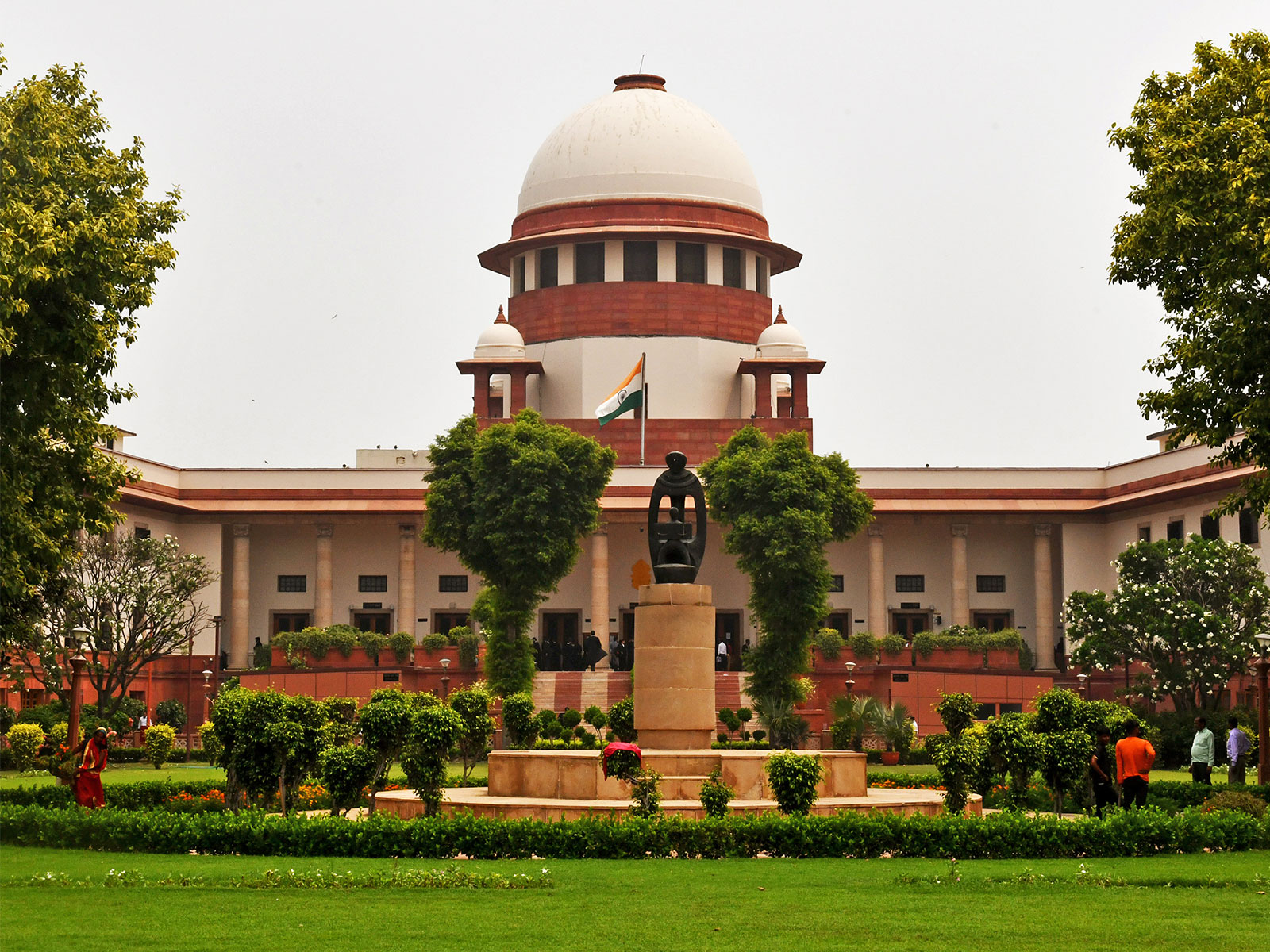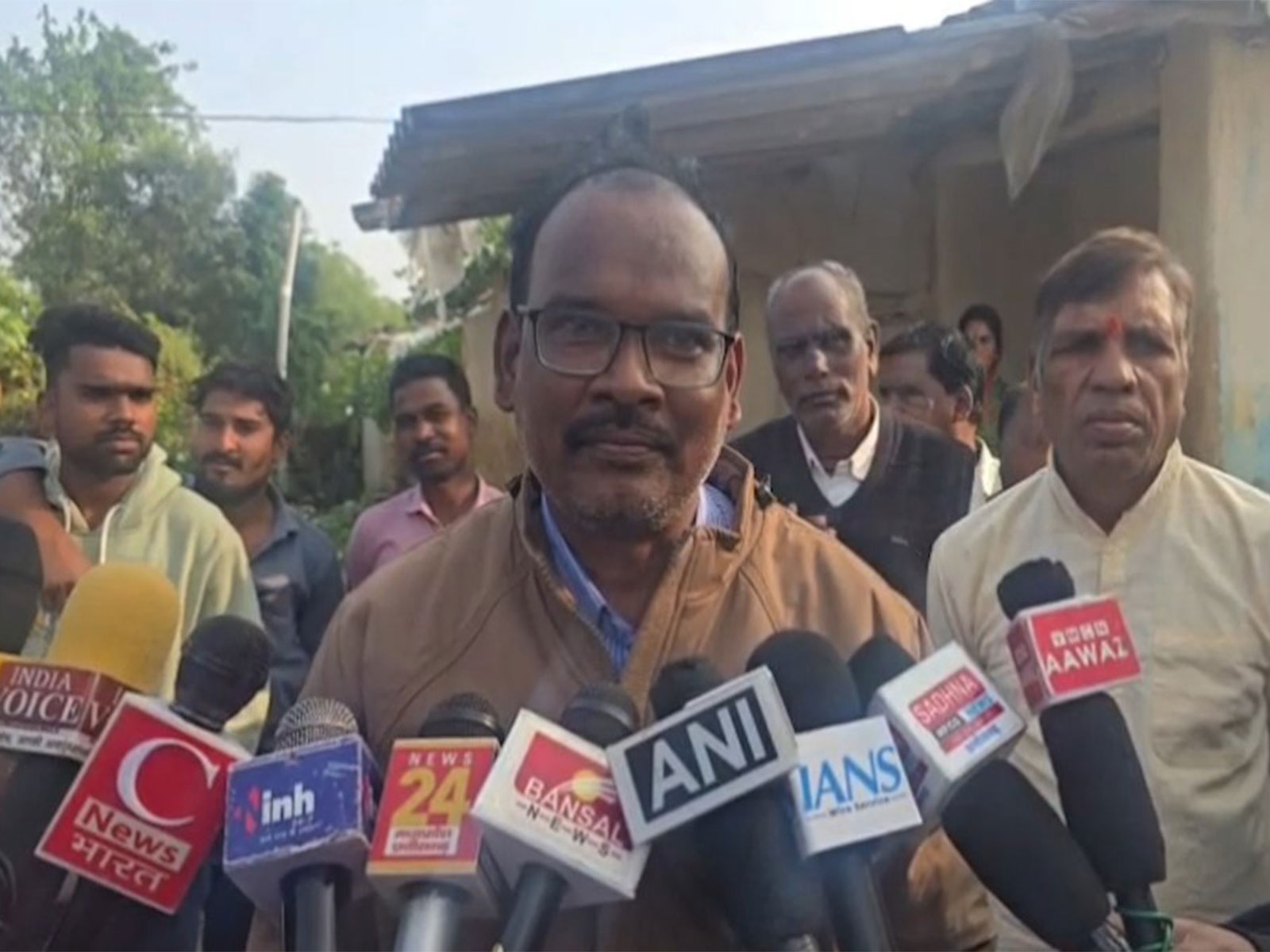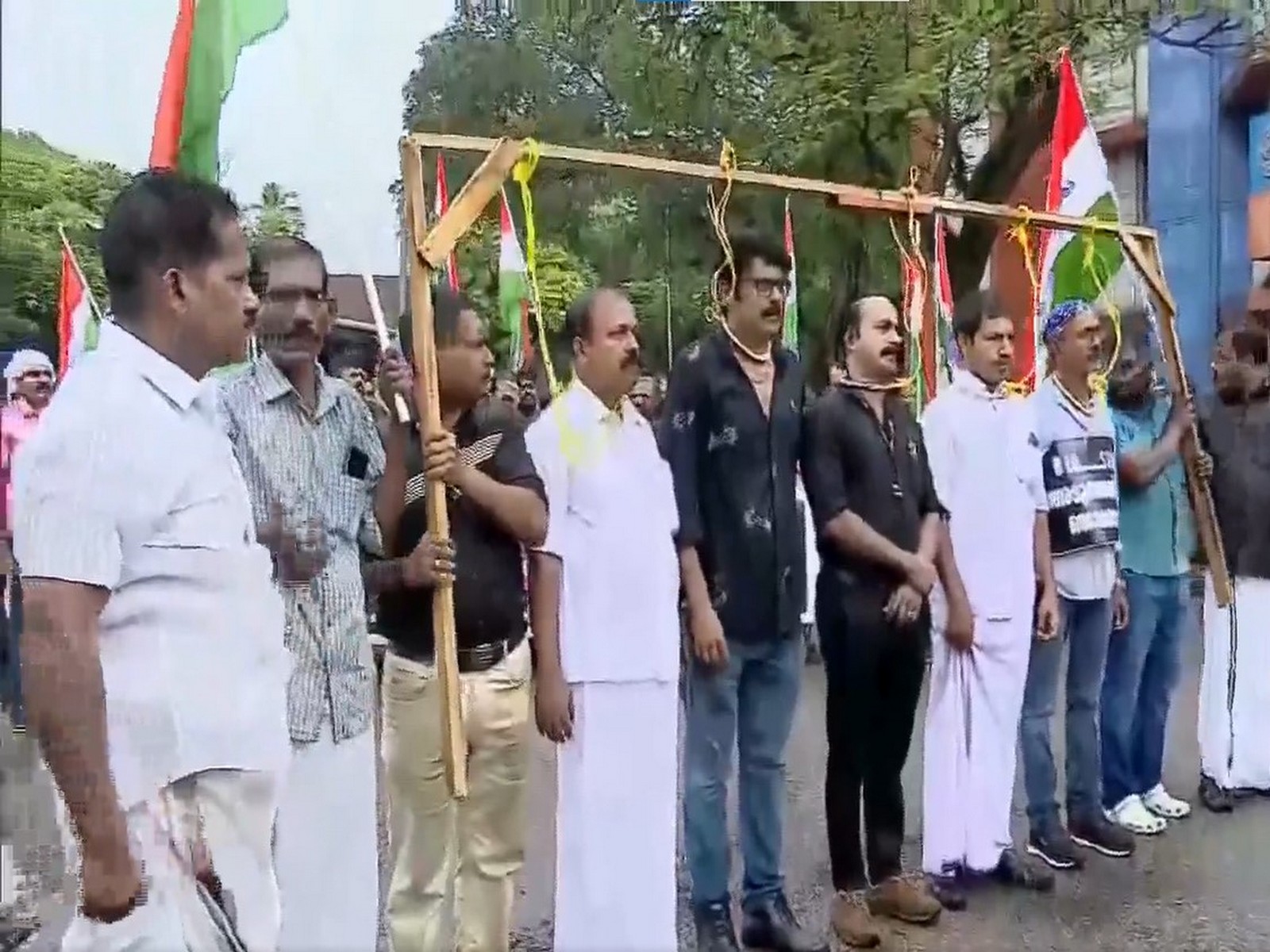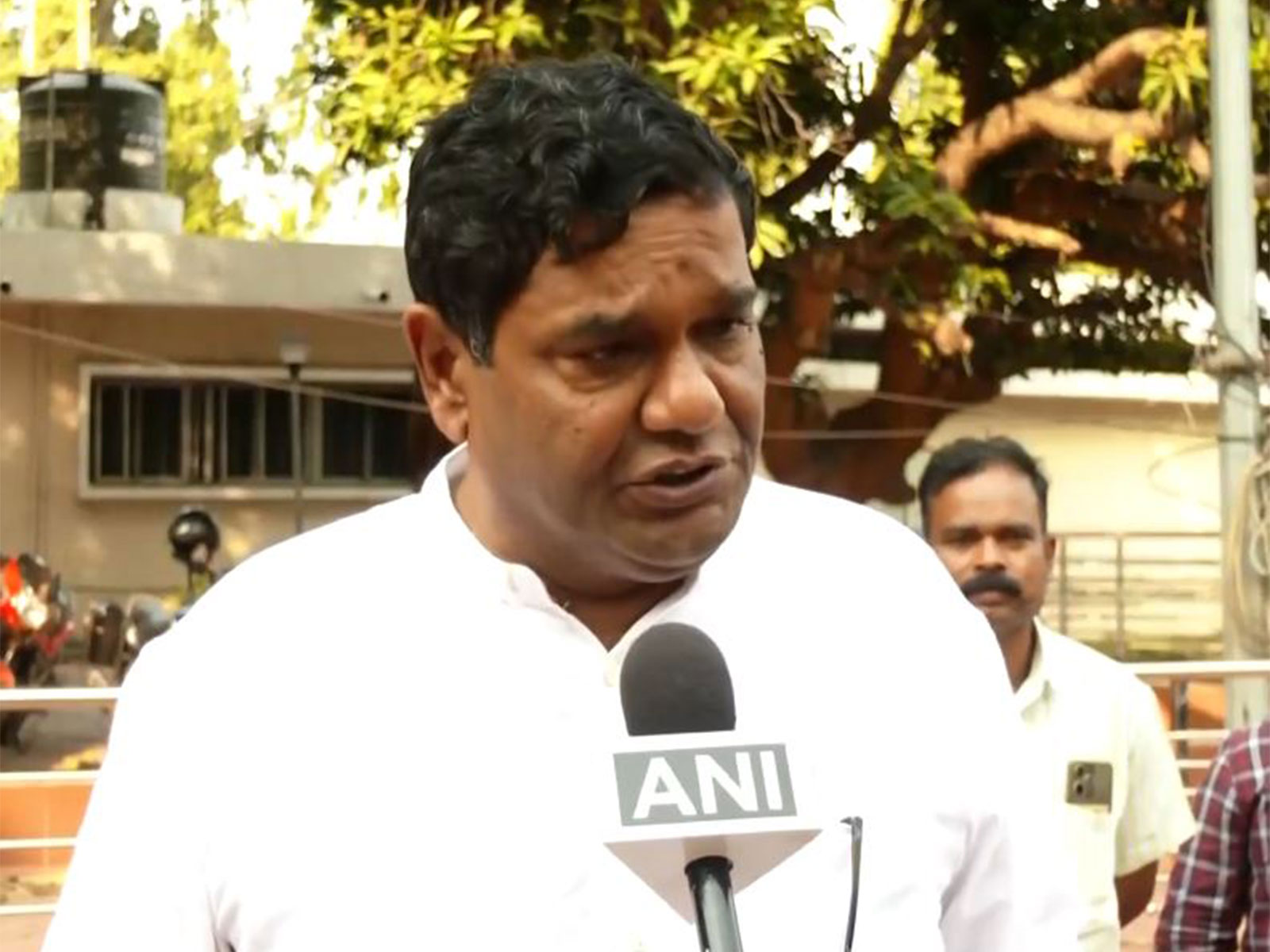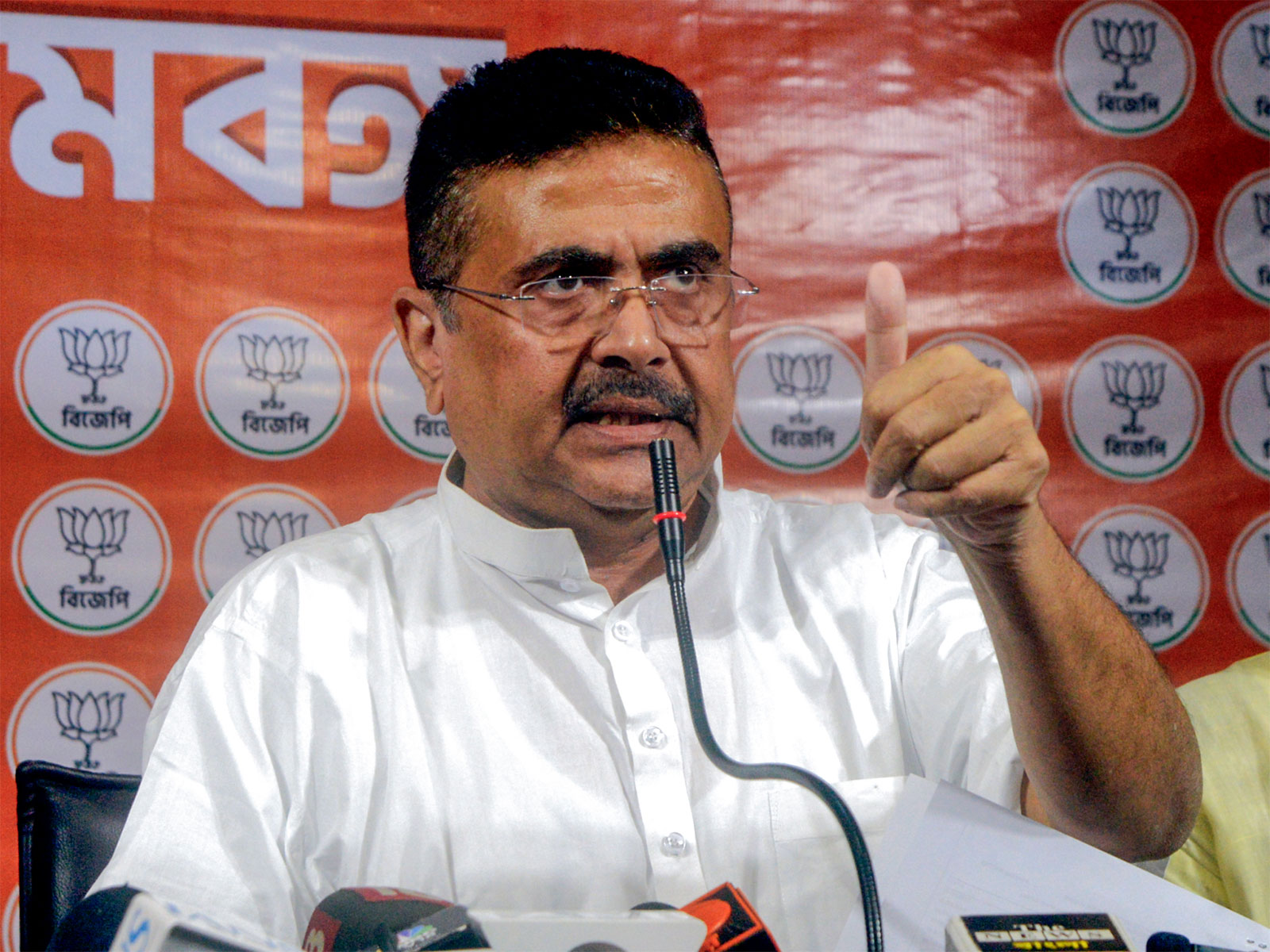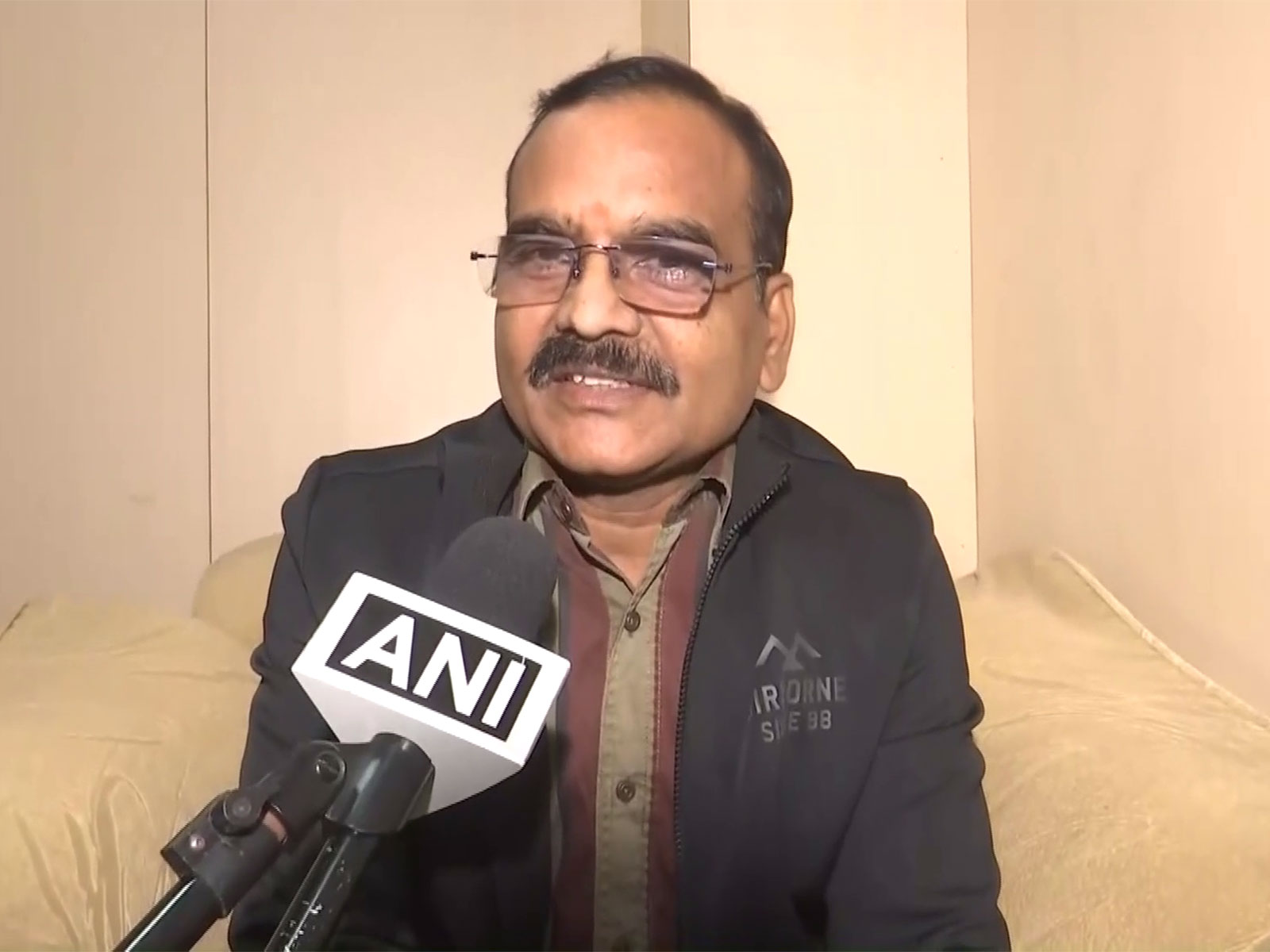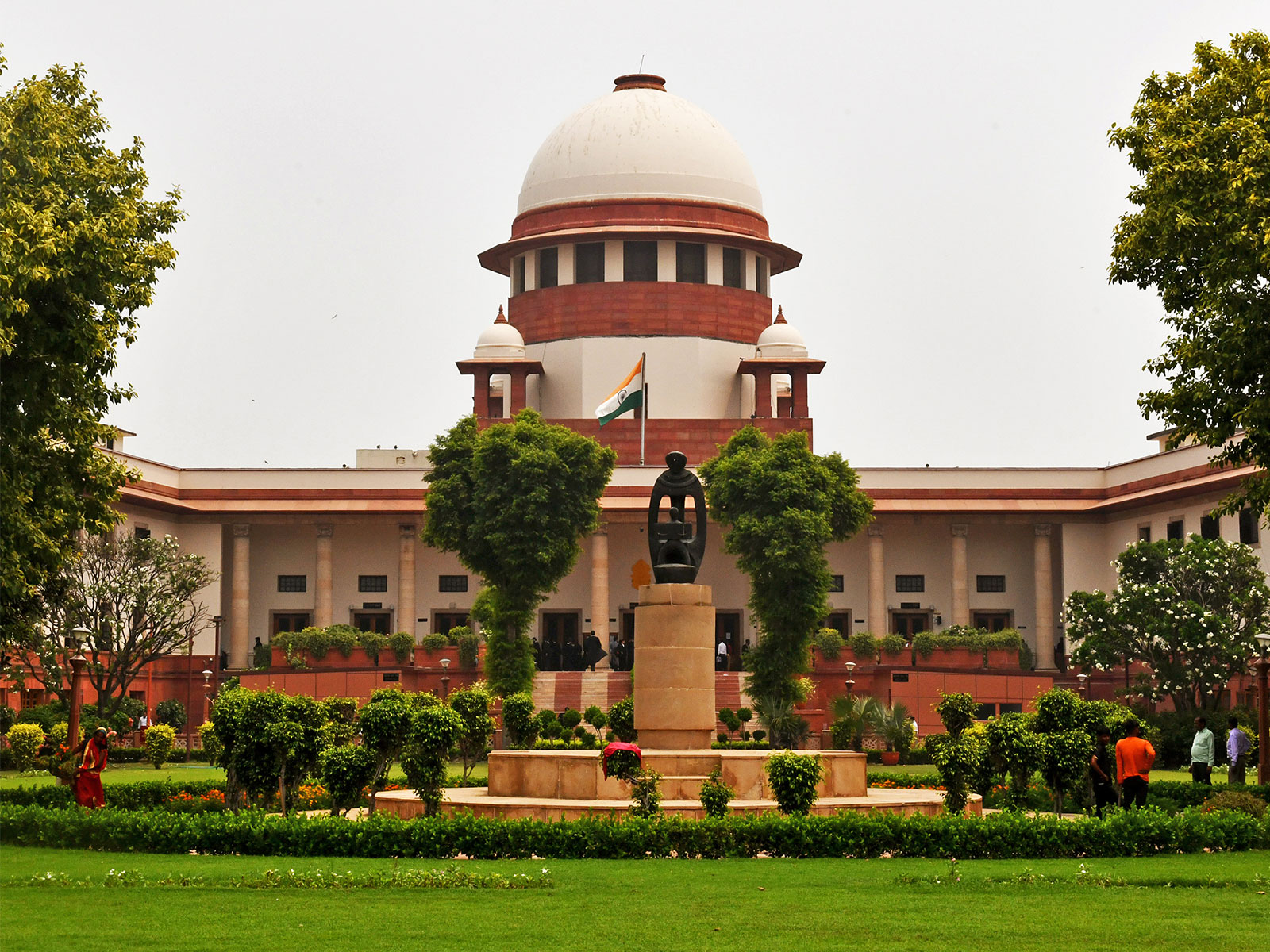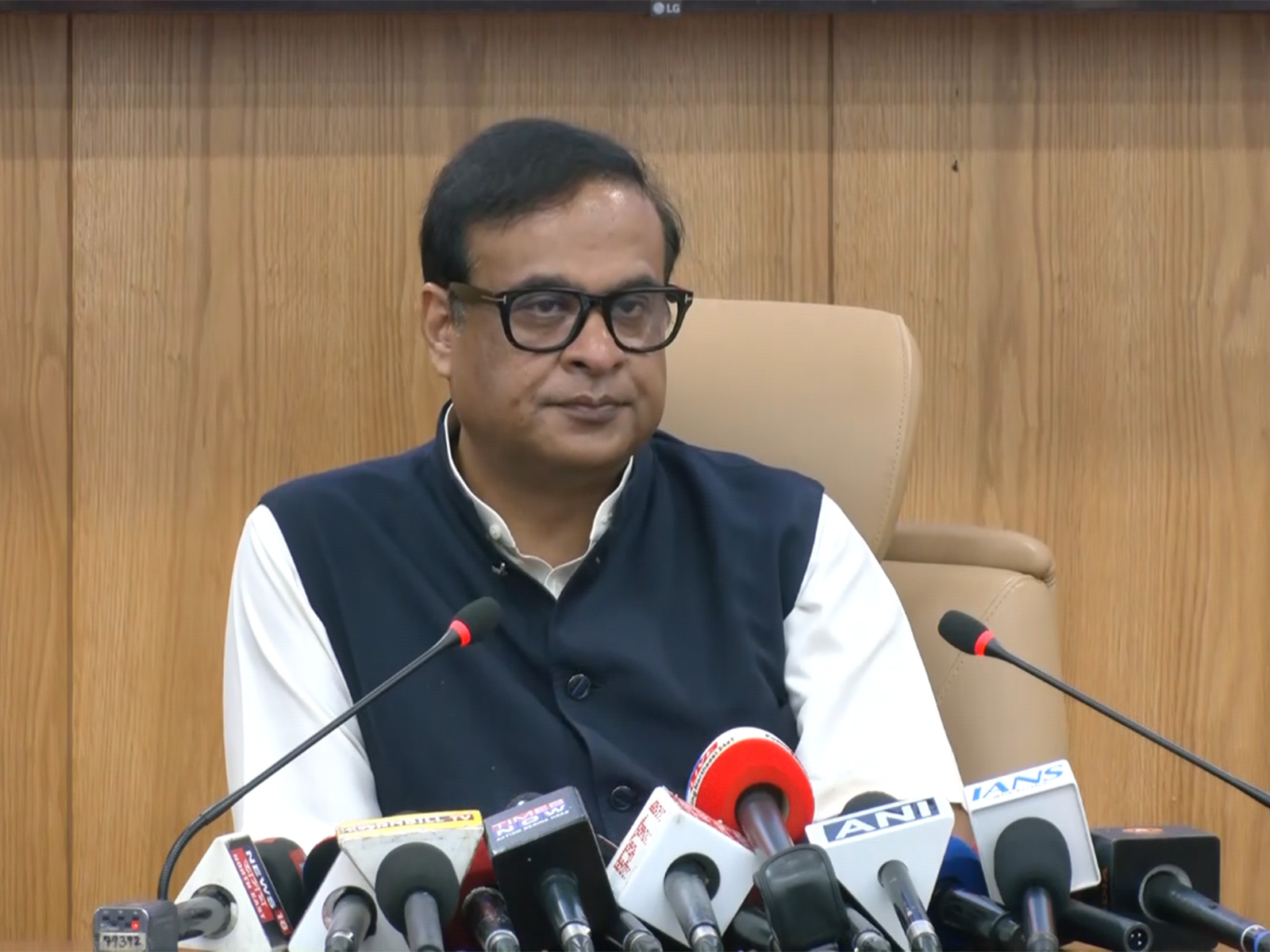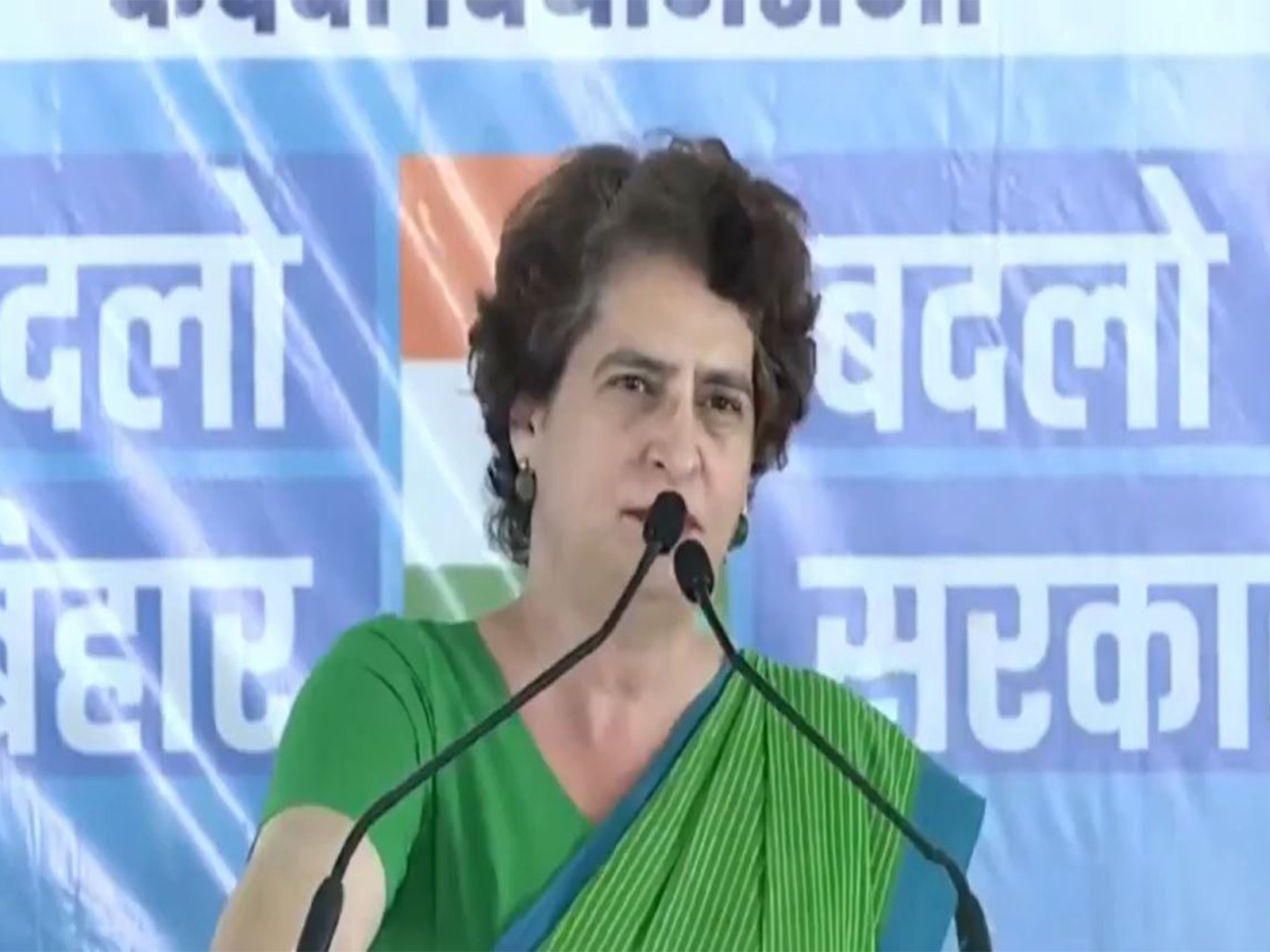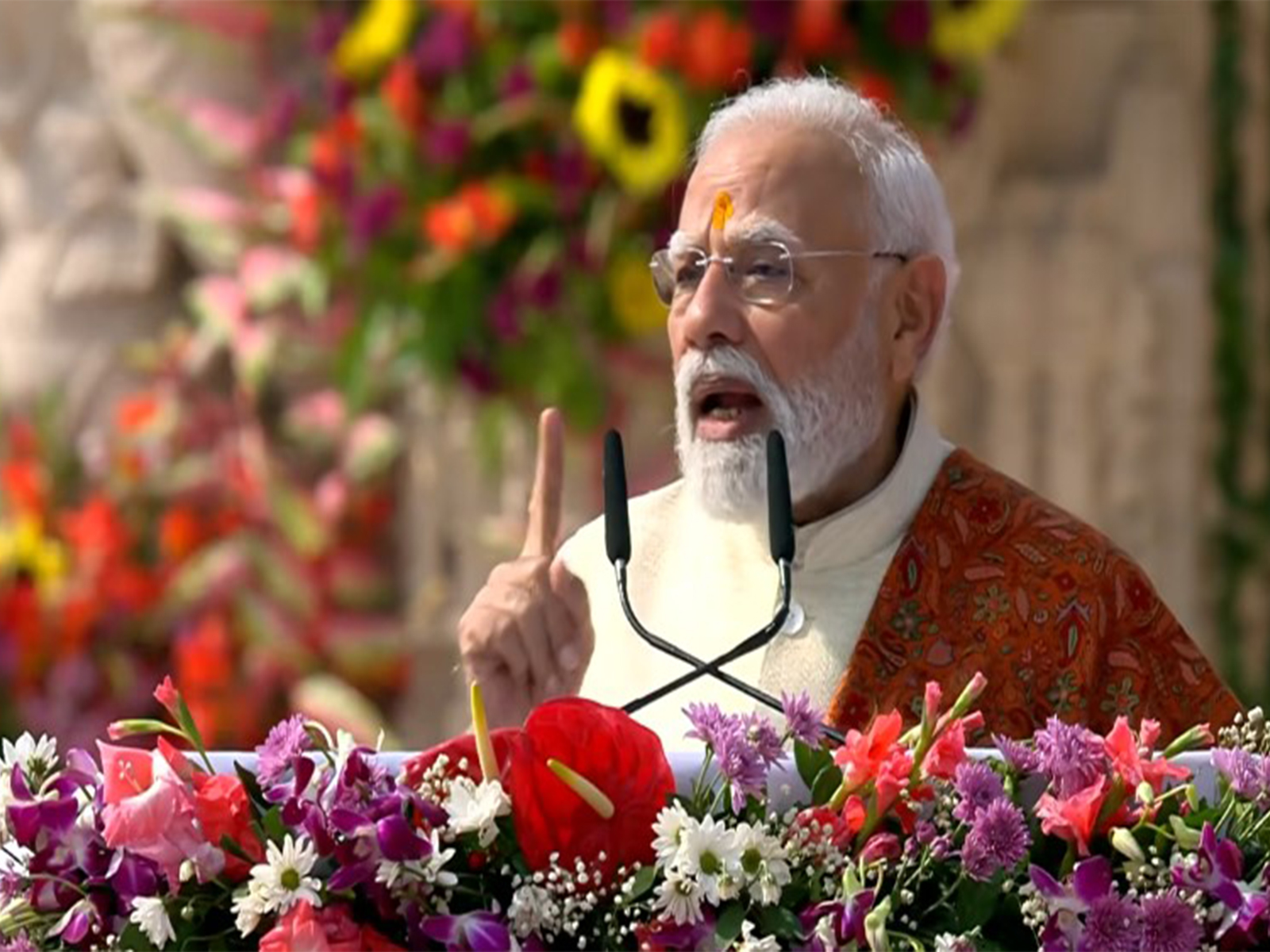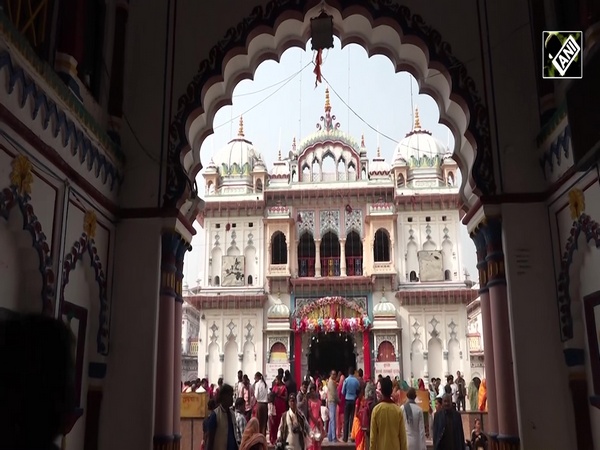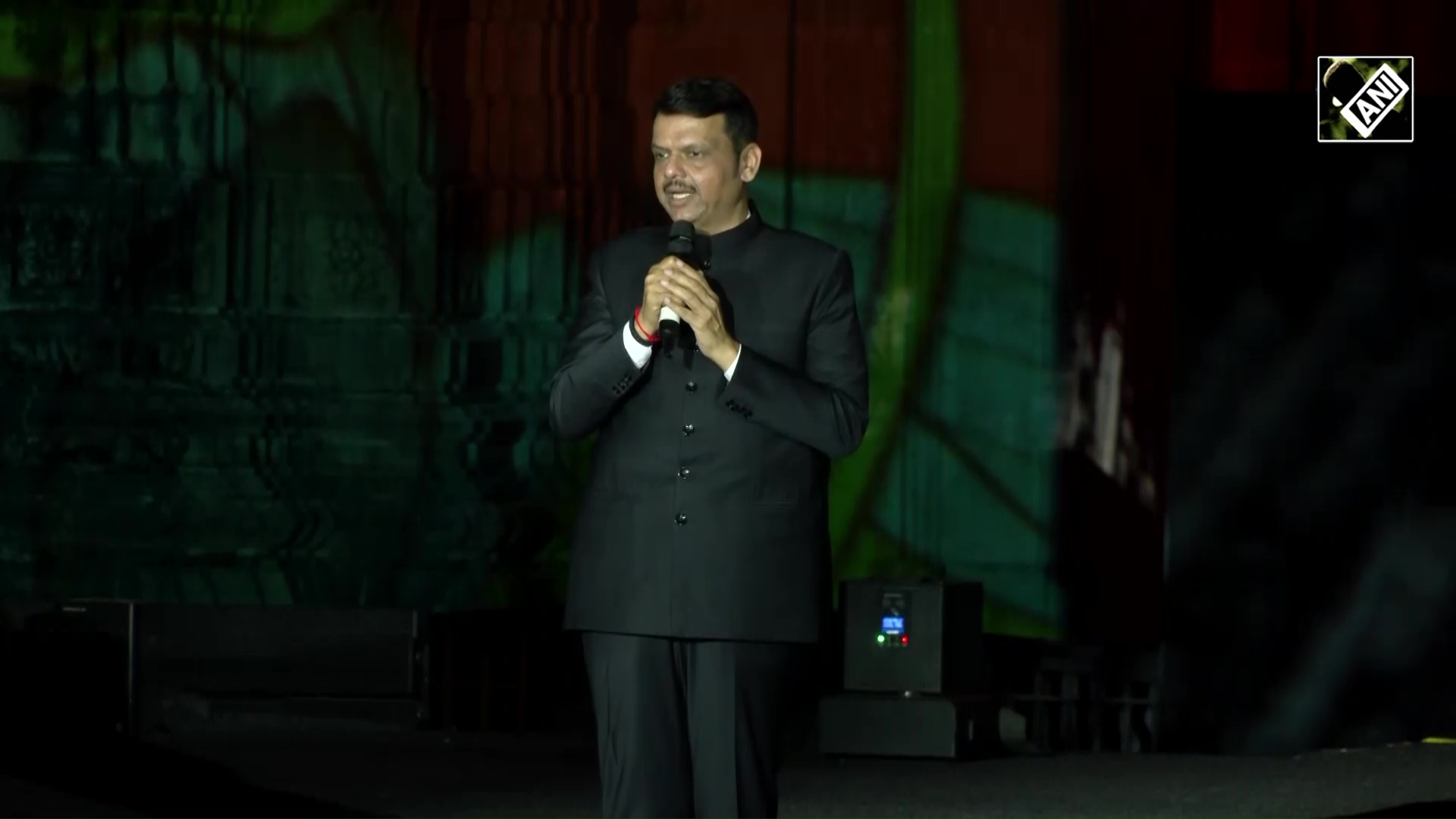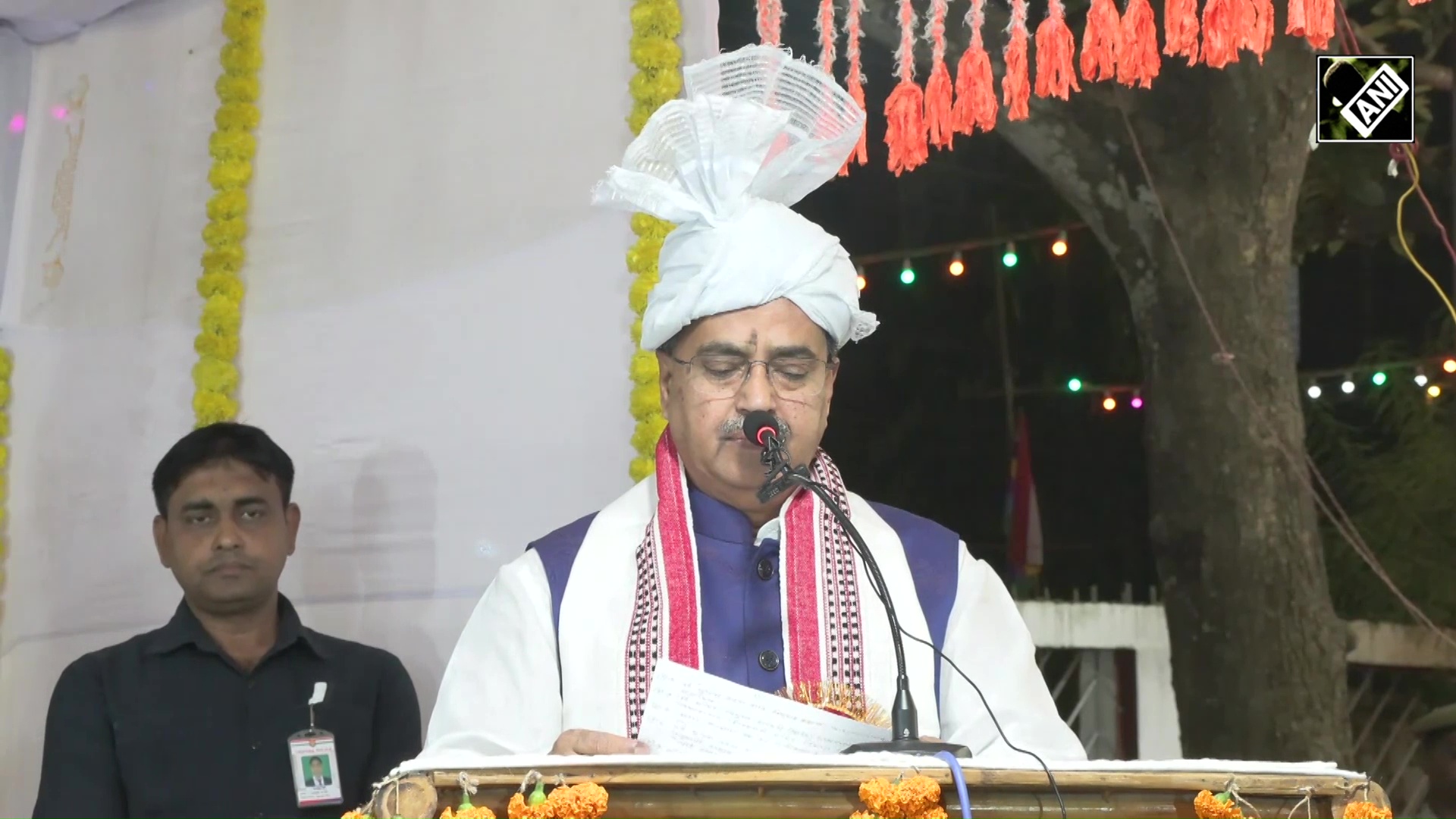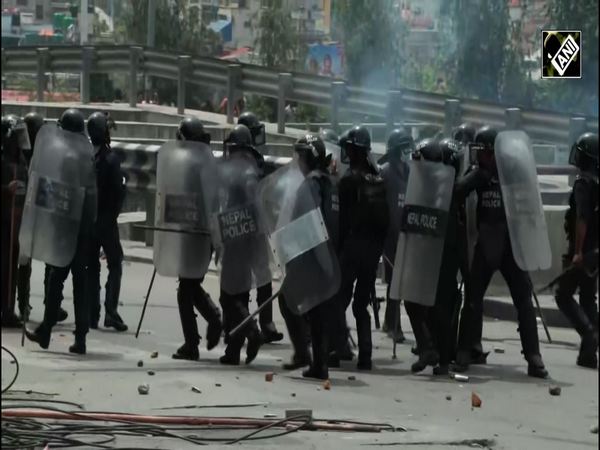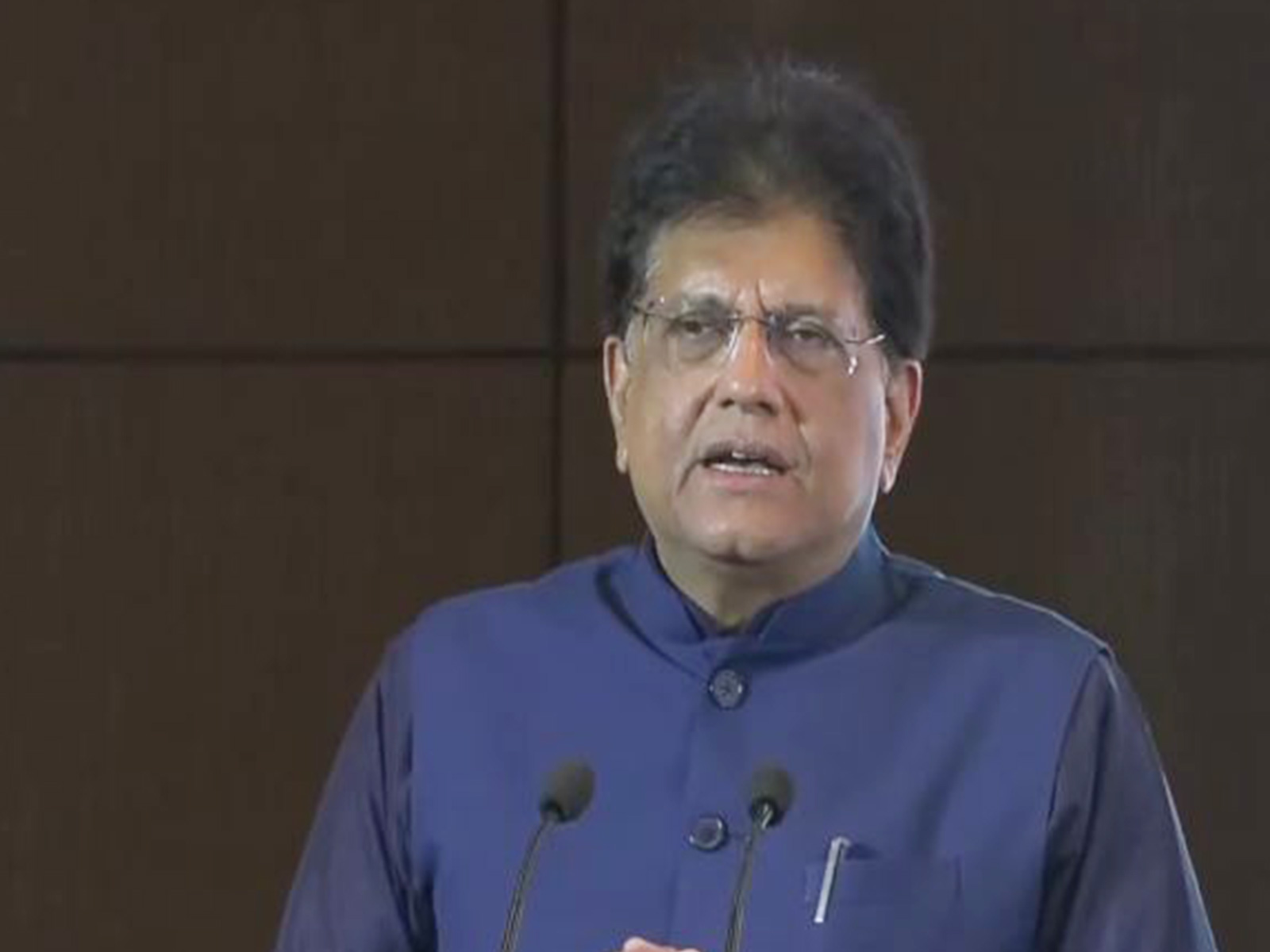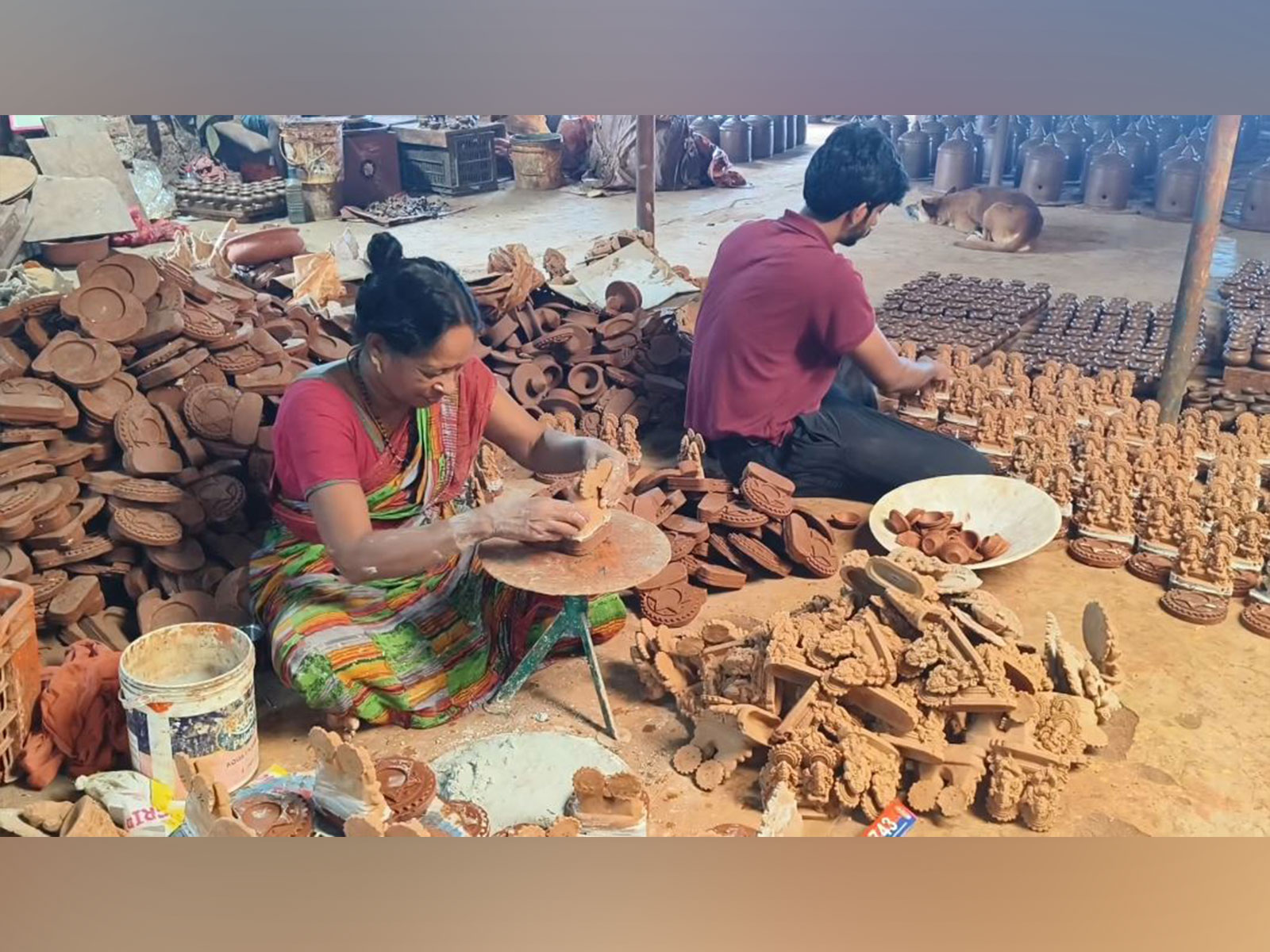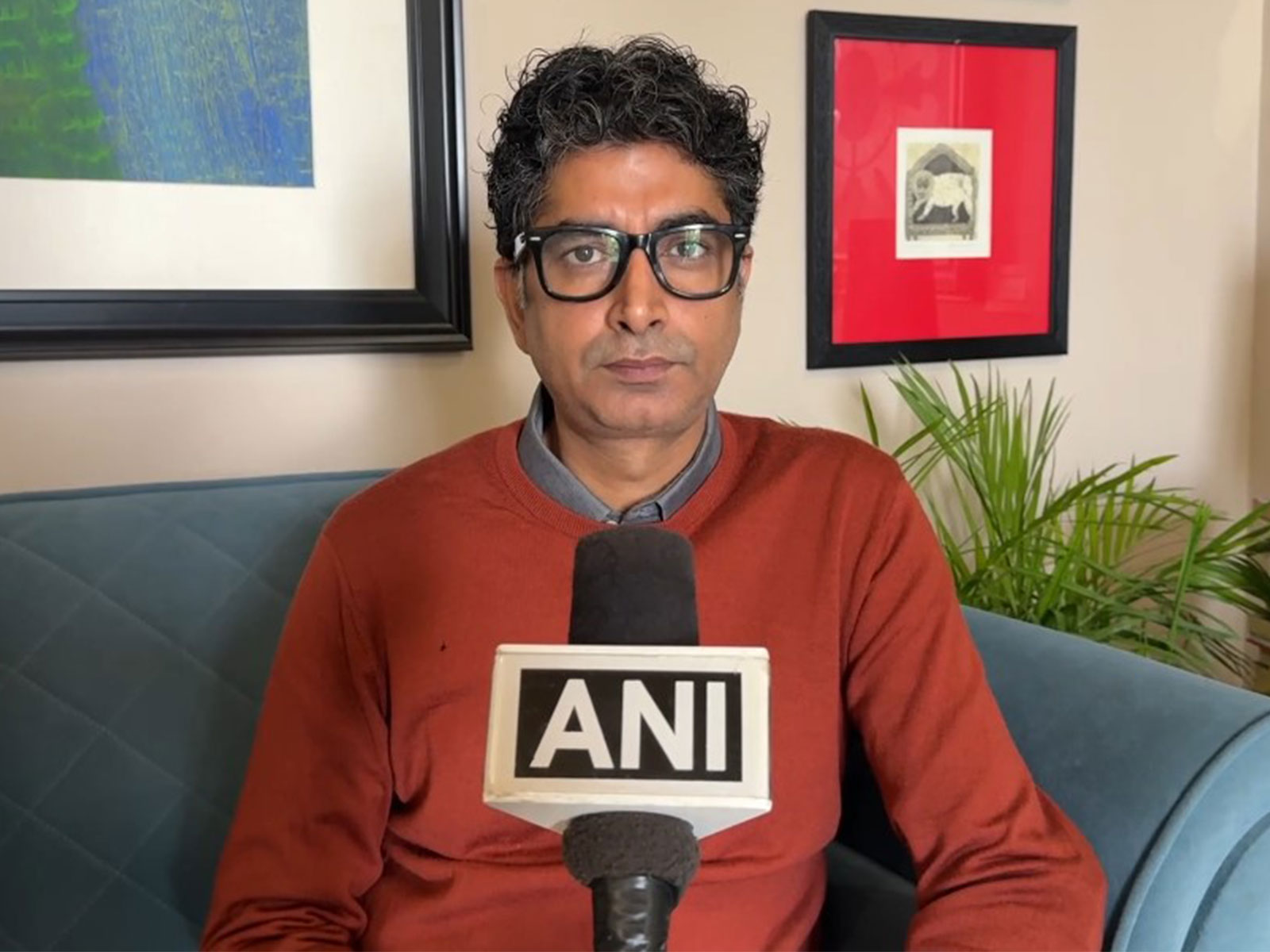
"Ethopia's volcanic eruption might not have immediate impact on Delhi's AQI": Vimlendu Jha
Nov 25, 2025
Gurugram (Haryana) [India], November 25 : With the ash clouds from Ethiopia's Hayli Gubbi Volcano reaching India, environmentalist Vimlendu Jha said that the ash clouds will not "immediately impact" Delhi's AQI.
He said, "The eruption of Ethopia's volcano is enormous, and if you see it in the last 24 hours, whether we talk about Gujarat, Rajasthan or even in the last 12 hours, we can even see the ashes floating around Delhi. The overall impact of the eruption will be in the form of ash clouds and will not immediately affect the AQI in Delhi. The clouds are made of sulphur dioxide (SO2) and glass particles. Though it will not immediately affect the AQI, we need to monitor it, as the clouds are in the very upper atmosphere.
"The impact of these clouds might be seen in the Himalayas, the Tarai region (a lowland region of flat, alluvial soil that forms a belt along the Nepal-India border) and even parts of China.", he said.
On Delhi air pollution, he said, " In Delhi, more than half of the air quality monitoring stations are showing a rating of 400 plus of AQI, which is of the 'severe' category and in some areas, the AQI is even reaching 450 plus, which is basically 'hazardous', and this is if we take into account government monitoring stations. But if I factor in the private monitoring stations, the situation is worse, with my own device showing an AQI of 397 in my home."
He said the AQI might improve over the next 24 hours, but only under certain conditions. He said, "The AQI might get better in the next 24 hours, as stubble-burning activities have mostly ended. But we can't be sure, as there is going to be a dip in the temperature and in the wind speed. And now, with some volcanic activity related to the Ethiopian eruption, it might affect Delhi's AQI."
In the end, he said, "So largely, the local pollutants and the dip in the temperature might lead the situation to be 'severe' to 'severe plus'. Air quality in Delhi is 'severe' in several areas. Delhi is already a gas chamber and in a difficult situation, and this volcanic eruption might have a slight impact. However, the sulphur dioxide we are talking about, along with other glass elements, is at very, very high altitudes. So, we don't know how it will affect the overall AQI in Delhi NCR."
